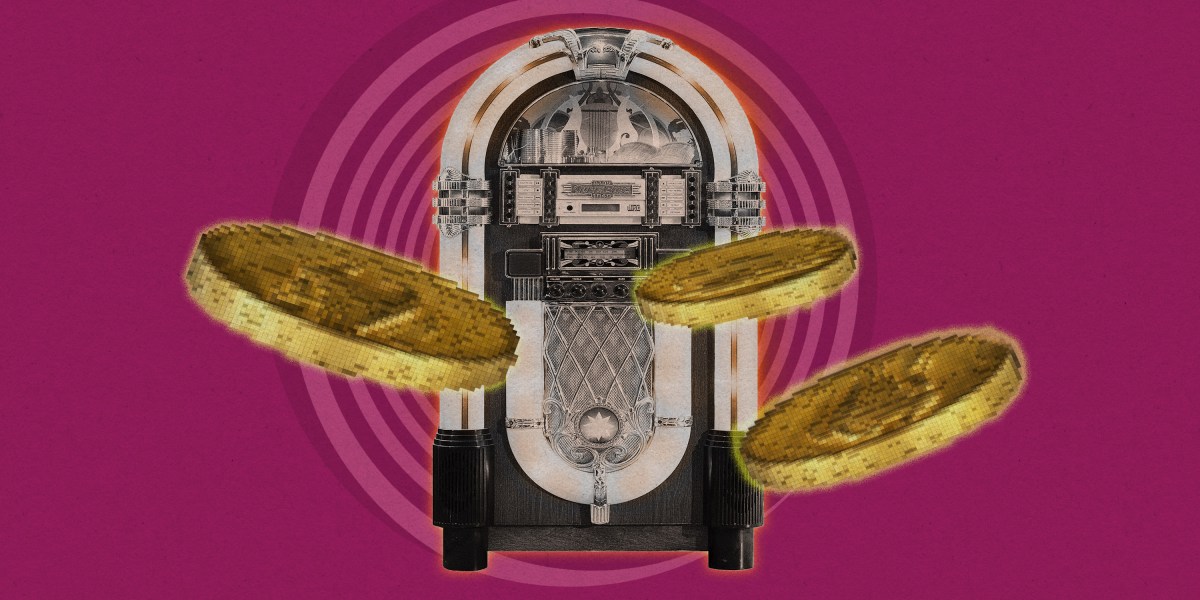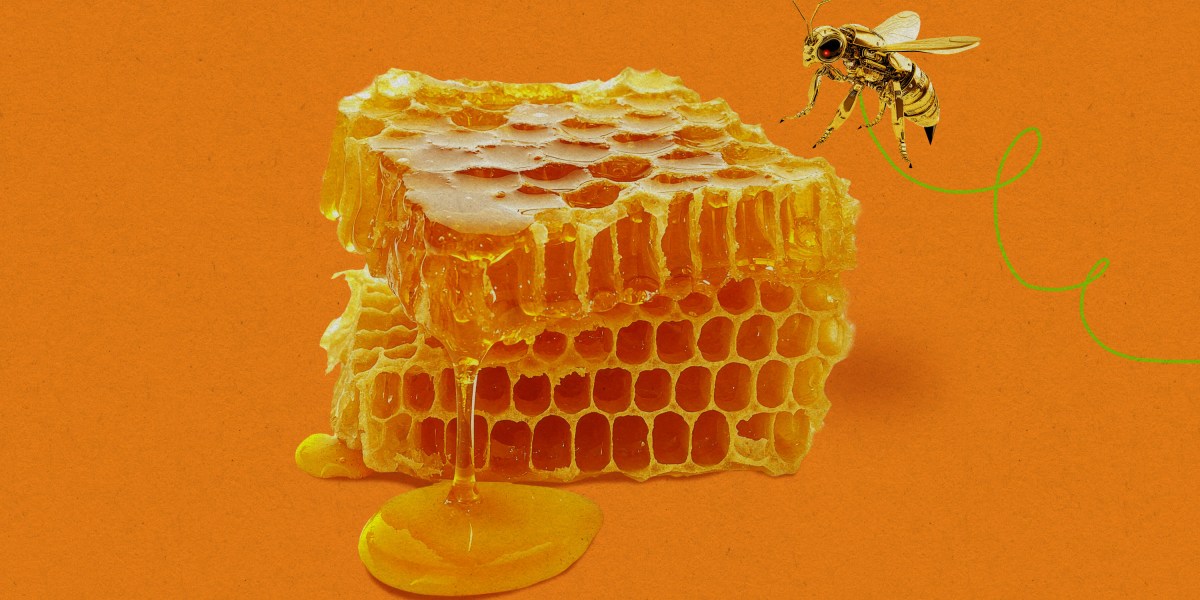But there is a difficulty. AI corporations have pillaged the web for teaching info, and a lot of web-sites and knowledge established homeowners have started limiting the means to scrape their web sites. We have also found a backlash towards the AI sector’s follow of indiscriminately scraping on the web info, in the kind of users opting out of making their data offered for training and lawsuits from artists, writers, and the New York Occasions, declaring that AI firms have taken their intellectual assets without the need of consent or compensation.
Very last 7 days 3 big record labels—Sony New music, Warner New music Group, and Universal New music Group—announced they ended up suing the AI new music corporations Suno and Udio around alleged copyright infringement. The music labels assert the firms designed use of copyrighted audio in their education data “at an virtually unimaginable scale,” allowing for the AI products to create tracks that “imitate the attributes of legitimate human seem recordings.” My colleague James O’Donnell dissects the lawsuits in his story and details out that these lawsuits could ascertain the long term of AI songs. Read it right here.
But this instant also sets an intriguing precedent for all of generative AI advancement. Thanks to the shortage of higher-high quality details and the huge tension and demand to develop even bigger and greater styles, we’re in a uncommon moment exactly where knowledge homeowners truly have some leverage. The new music industry’s lawsuit sends the loudest information but: Significant-excellent coaching facts is not totally free.
It will very likely choose a couple of decades at the very least in advance of we have legal clarity all around copyright law, reasonable use, and AI teaching info. But the scenarios are already ushering in changes. OpenAI has been hanging discounts with information publishers such as Politico, the Atlantic, Time, the Financial Instances, and other people, and exchanging publishers’ news archives for income and citations. And YouTube announced in late June that it will provide licensing offers to top history labels in exchange for music for education.
These alterations are a blended bag. On a person hand, I’m involved that news publishers are generating a Faustian discount with AI. For example, most of the media houses that have made specials with OpenAI say the offer stipulates that OpenAI cite its resources. But language styles are basically incapable of staying factual and are finest at generating matters up. Studies have proven that ChatGPT and the AI-driven research engine Perplexity regularly hallucinate citations, which makes it tough for OpenAI to honor its guarantees.
It’s tough for AI businesses too. This shift could guide to them create smaller, much more effective models, which are far considerably less polluting. Or they may perhaps fork out a fortune to obtain data at the scale they want to make the subsequent massive 1. Only the organizations most flush with dollars, and/or with huge existing data sets of their have (these types of as Meta, with its two many years of social media knowledge), can manage to do that. So the most up-to-date developments chance concentrating electric power even further more into the fingers of the greatest players.
On the other hand, the plan of introducing consent into this process is a good one—not just for rights holders, who can profit from the AI increase, but for all of us. We should really all have the company to make your mind up how our details is utilised, and a fairer facts financial system would indicate we could all reward.
Deeper Studying
How AI online video video games can assist reveal the mysteries of the human thoughts



